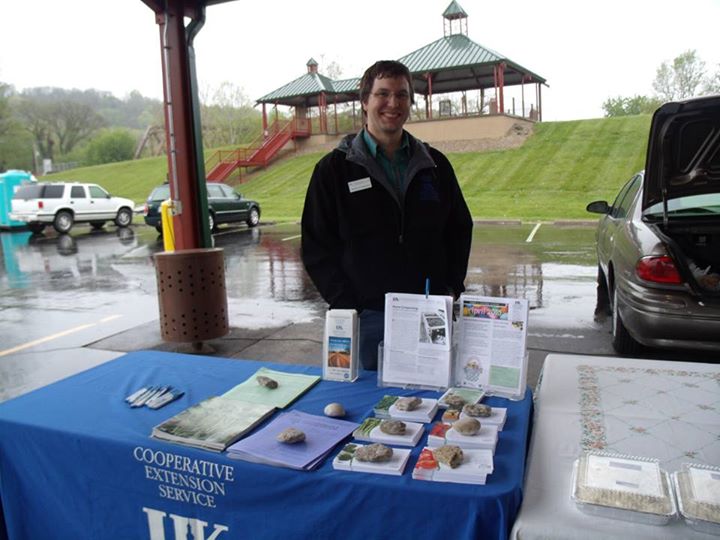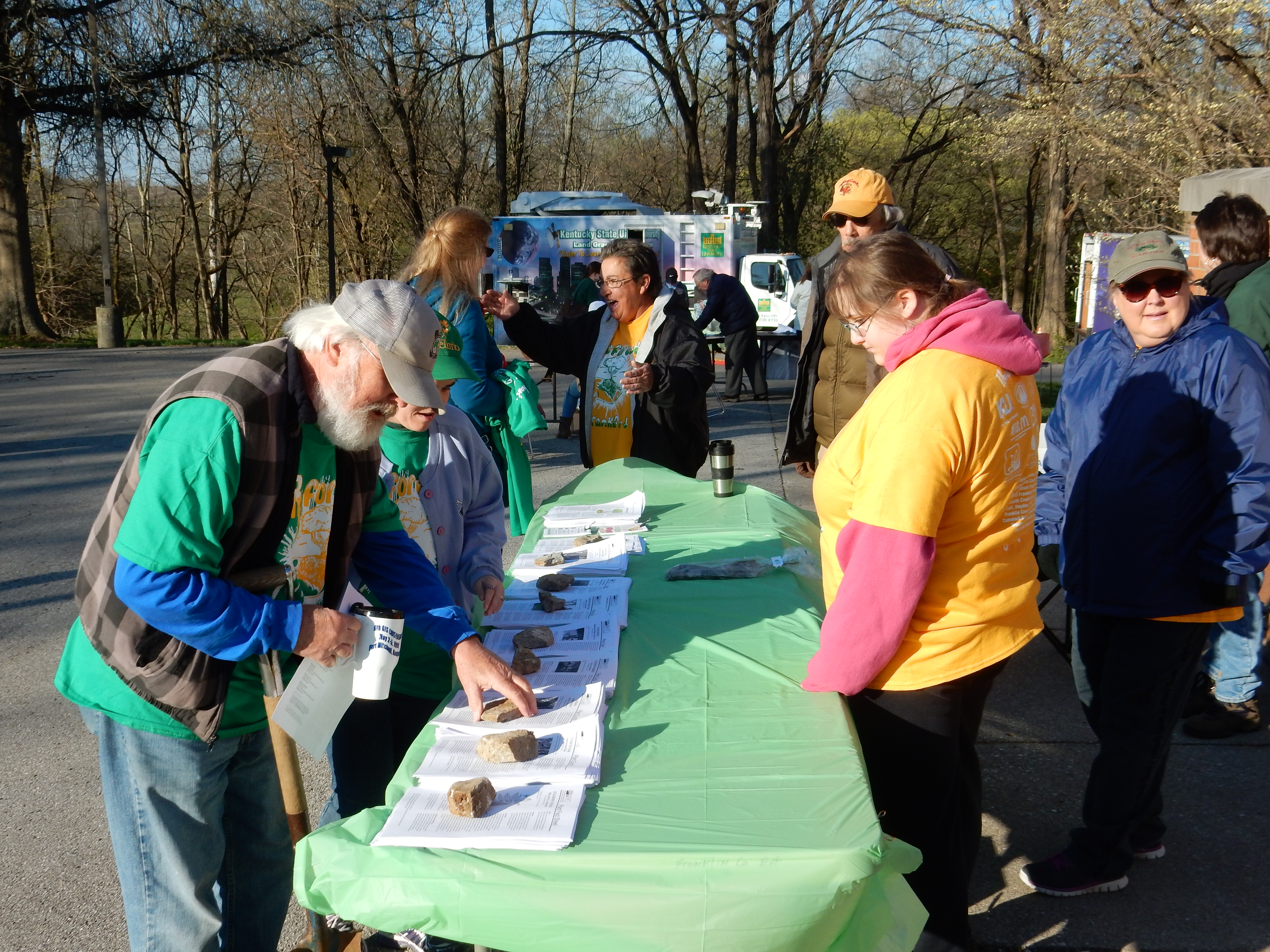Time in that position: 1.5 years
Distribution of efforts: 100% extension
Degree held, thesis/dissertation topic: BS in botany/ horticultural production & marketing; MS in plant pathology with emphasis on Phytophthora species in Indiana nurseries, greenhouses, and landscape plantings
Current assignment: All horticultural crops
Typical workload in spring:
Spring is typically taken up by answering questions and diagnosing plant problems from farmers and homeowners. These are often followed up with site visits to collect samples and to get a better understanding of the situation. We also conduct classes for the public on a wide range of topics. This is also the time of year that many local schools need help with projects.
Typical workload in summer:
During the summer, we are busy installing and maintaining demonstration gardens, planning for county and state fairs, and holding field days. We continue to get a lot of diagnostic questions and samples coming through the office.
Typical workload in fall:
The fall brings additional rounds of classes for the public. It also brings a new class of Master Gardener Extension volunteers (who assist in the county office). There is a bit of time spent analyzing soil test results and providing fertility recommendations to home gardeners and commercial producers.
Typical workload in winter:
In winter, we get a lot fewer calls from farmers and homeowners. We spend the time planning for the spring classes and demonstration projects. We focus our classes in the winter for the famers, since they don’t have many crops in the ground.
Most rewarding thing about working in Extension:
The most rewarding thing about working in Extension is knowing that you are making a difference in people’s lives. We get to be the conduit between the laboratory and the fields. It’s great to see the changes that you’ve helped bring about within the community. 
Challenges with Extension work; what early career professionals need to know:
Some of the biggest challenges with Extension county offices are scheduling and clients. The schedule sometimes gets hectic with evening and weekend meetings. If you don’t keep a handle on it, your work schedule can end up leaving very little time for your personal schedule. The clients, although usually very pleasant, can be daunting at times when they are upset by the news that there is nothing that can be done to save their favorite tree.
Put into context the way Extension is evaluated at your institution:
Our annual evaluations are broken into different categories including educational programming, public relations, customer service, and leadership development. Each category has suggested tasks to be completed and are ranked by our district director on a 4-point scale. Based on the number of years of service, our past annual evaluations, professional development hours, and Extension activities, we can move up through career ladder levels.
Advice to graduate students and early career professionals who want to pursue a career in Extension:
Try and get exposure to as many different cropping systems as possible; you never know what kind of questions you are going to get. Become comfortable not knowing the answer to a question, but be willing to search out the answer.
